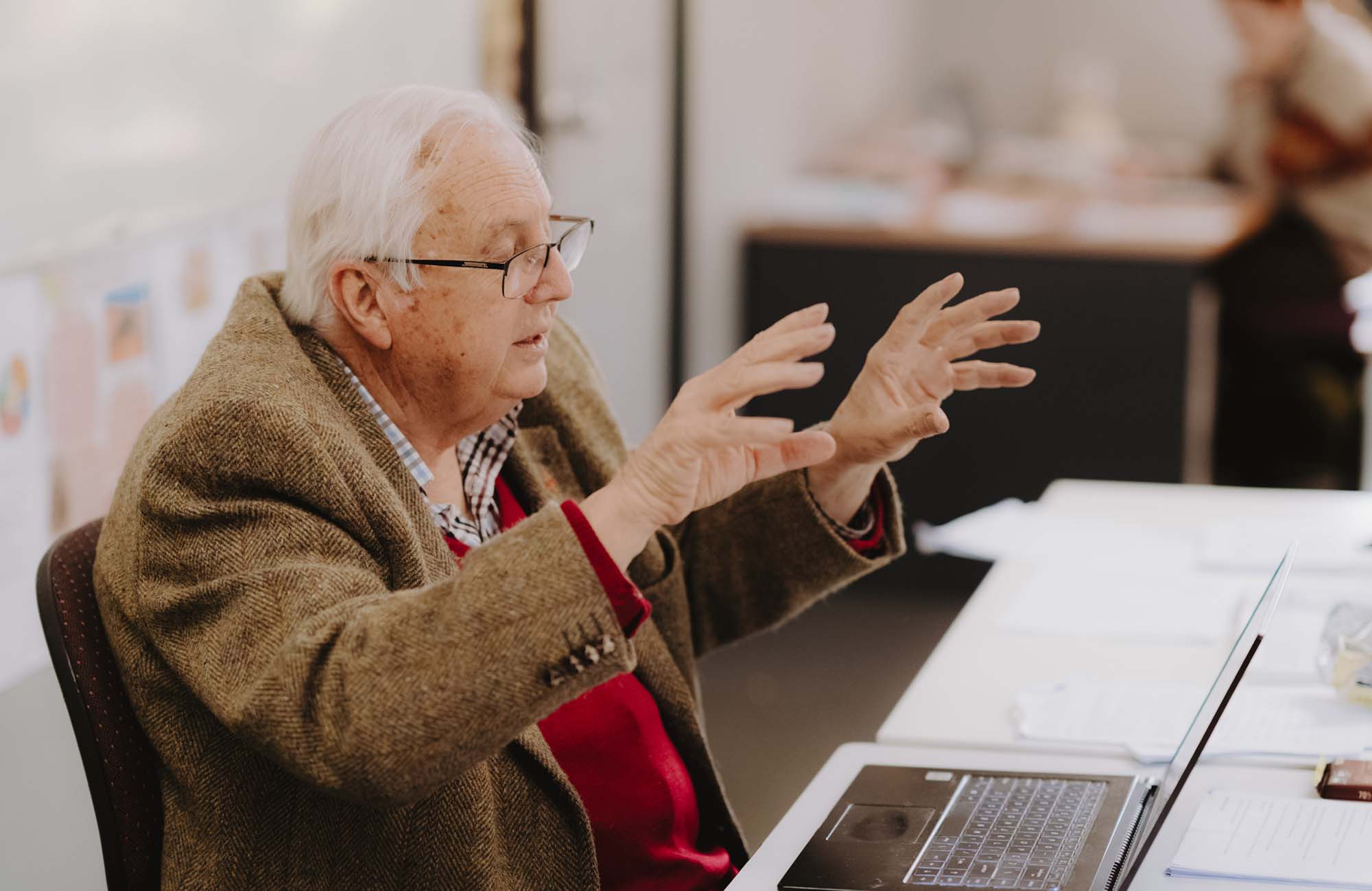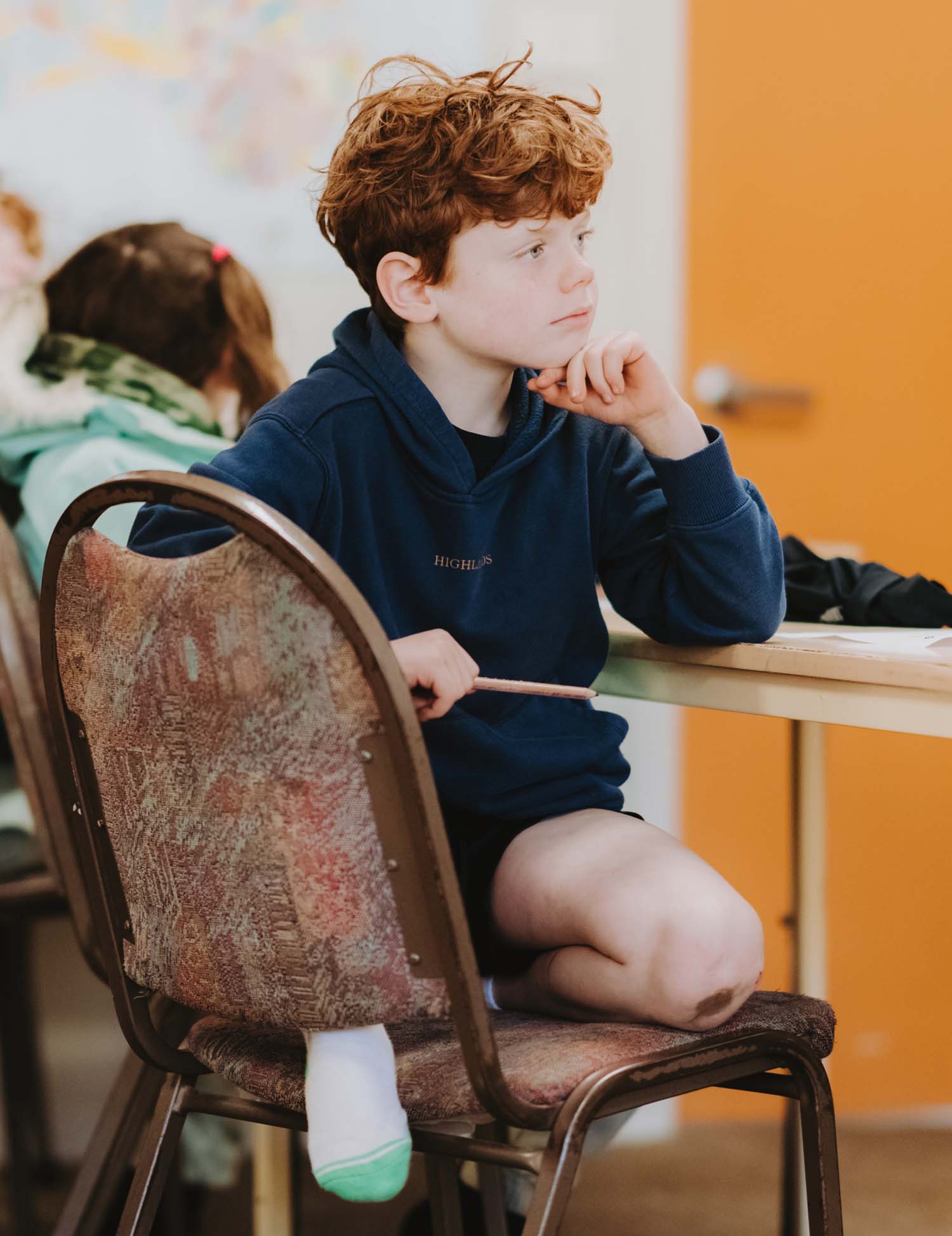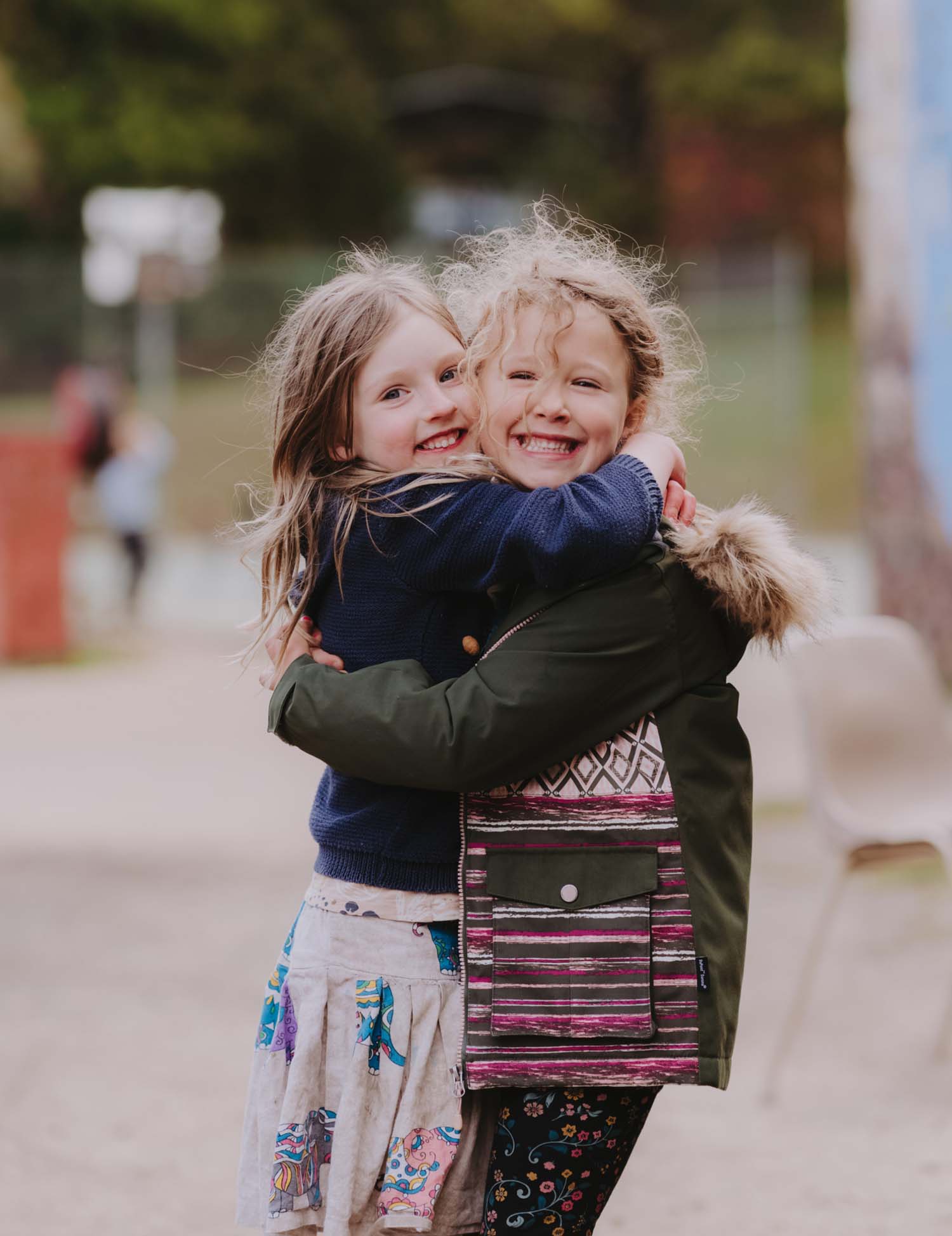
Our ethos
It is a commonplace to say that schools in the 21st century need to be flexible, versatile, and geared to the needs of young people in a rapidly changing world. However, the fact that these words and phrases are used with monotonous regularity does not detract from the truths that they express.
The structure of most Australian schools, fundamentally unchanged since the 19th century, is increasingly inappropriate. Today’s children and teenagers live in a world where, as American Duke University Professor Cathy Davidson writes in her book Now You See It (2011): “By one estimate, 65% of children entering grade school this year will end up working in careers that haven’t even been invented yet.” In 2012 Forbes Magazine reported that “The average worker today stays at each of his or her jobs for 4.4 years… but the expected tenure of the workforce’s youngest employees is about half that. Ninety-one percent of Millennials (born between 1977-1997) expect to stay in a job for less than three years… That means they would have 15 – 20 jobs over the course of their working lives!”
Today’s children and teenagers are accustomed to highly varied and motivating leisure time activities, a high degree of autonomy, and many options being available to them. Even children from families which are considered low income by Australian standards are wealthy compared to previous generations, and compared to children in the majority of other countries. Travel is second nature to many members of this generation of young Australians: they see the world as a global village. Traditional non-school activities, including regular attendance at places of worship, membership of groups such as scouts, and participation in sporting clubs, are decreasing in popularity.
There are good and bad aspects to these changes in our society, but it is not helpful to students if schools ignore these profound and continuing developments.
The rigid authoritarian structure of schools, which extends to, inter alia, curriculum, timetables, behaviour management and subject choices, is at odds with the kind of world today’s young graduates will enter. The structure and practices of Alice Miller and Candlebark Schools are designed to match the world of the 21st century.
Some of the ways in which we do this are:
Selection of teachers.
The staff appointed to the schools are chosen because they are unusually skilled in their fields, have a variety of life experiences, are intelligent, creative and adventurous, and have a demonstrated capacity to communicate effectively in and out of the classroom.
An awareness of the difference between knowledge and wisdom.
Australian schools for the most part seem blissfully unaware that there is a difference. The accumulation of knowledge – learning another language, solving quadratic equations, gaining literacy skills, achieving first aid qualifications – is often highly worthwhile, and can even save lives (for example, in applying CPR to a person whose heart has stopped beating). But also of enormous value is growth in understanding, enlightenment, wisdom. Students should progress in both areas throughout their school careers, and subsequently throughout their lives.
An emphasis on first-hand experiences.
One of the main reasons for the establishment of Candlebark was the belief that young people no longer have enough opportunity for firsthand experiences, but instead were expected to be satisfied with ‘experiences’ gained by watching television, playing computer games, or, more recently, from social media. At Alice Miller and at Candlebark, students go on hikes, canoe trips and snow camps as well as trips to galleries, museums and festivals. These are some of the ways in which the schools encourage the growth of confidence, independence and trust in our students… and the confidence we seek to develop is not the superficial and misleading veneer of confidence which is so often encountered in the Western world, but a deep inner confidence which is reflected in the values held by our students and the ways in which they interact with Planet Earth and its denizens.
Both schools are in bush settings, on vast campuses.
They are surrounded by beautiful native forests, in which can be found kangaroos, wallabies, wombats, koalas, snakes, echidnas, eagles, cockatoos, kookaburras, rosellas – as well as less welcome inhabitants like foxes and rabbits. Candlebark is on about 1200 acres, which it boasts is “the world’s largest school campus”. So far, nobody has contradicted this claim! Alice Miller is on about 80 acres, and even has a small golf course. This is in contrast to the locations of most Australian schools, where, typically, large numbers of students are crammed into areas not much bigger than a couple of basketball courts and are consequently not allowed to run, wrestle, ride bikes, ride ripstiks or climb trees. The results of this meanness are serious: children do not get the opportunity to have adventures, test their limits, develop their strength and fitness, experience the joy of physical activity. Monitored and “protected” by adults at all times, children do not learn to look after themselves, with the consequent risk that they will become adults who lack initiative, trust and an adventurous attitude to life. Truly has “protection” been called the “oldest form of repression”. Further, the separation from the natural world, which is now taken for granted in most Australian schools, but which is regarded by some as so serious that it has been given the name “nature-deprivation syndrome”, results in a lack of a profound appreciation of the natural world, without which a meaningful growth in wisdom and spiritual understanding is less likely to occur.
As small schools, Alice Miller and Candlebark offer a level of collegiality and fellowship not available at larger schools.
Great care is taken to establish an atmosphere conducive to open communication between staff and students. This is achieved in ways both abstract and practical: for example, all food is provided at school, at no added cost to parents. This not only eliminates the chore of making “cut lunches” each morning, but also, and more importantly, aids in the growth of collegiality, as students and staff eat morning tea and snacks together. There are no staff rooms, which significantly changes the atmosphere of the schools. Staff and students clean the schools together at the end of each day. This is part of educating young people to accept responsibility for their deeds. The school does not believe that it is in the interests of students that adults should be paid to clean the messes left behind by the young people.



How to be successful at our school: tips to students
- Don’t talk about yourself all the time.
- Don’t say anything bad about someone until you’ve run out of all the good things you can say about them.
- Volunteer to do stuff even when you’re exhausted. When everybody is totally tired, the real heroes come out!
- If you are telling the story of a movie you’ve seen or a book you’ve read or a dream you’ve had or a TV show or a computer game… keep it short!
- Don’t think you have to be fantastic at stuff you’ve never done before. Don’t think you have to be brilliant at stuff you’ve only been doing for a short time.
- If you make a mess, we’ll help you clean it up, but ultimately it is your responsibility.
- Do your homework.
- Your teacher is not a jukebox. You don’t press a button and get the lesson you want. Trust the teachers to know what they are doing.
- When you’ve done the wrong thing, try to put your hand up and be direct and open about it. When we, the teachers, do the wrong thing, we’ll try to do the same.
- Finally, here’s the secret of good conversation:
When you’re talking to someone, give them information that they can work with.
Bad conversation:
Sam: What did you do at the weekend?
Alex: Not much.
Sam: Oh.